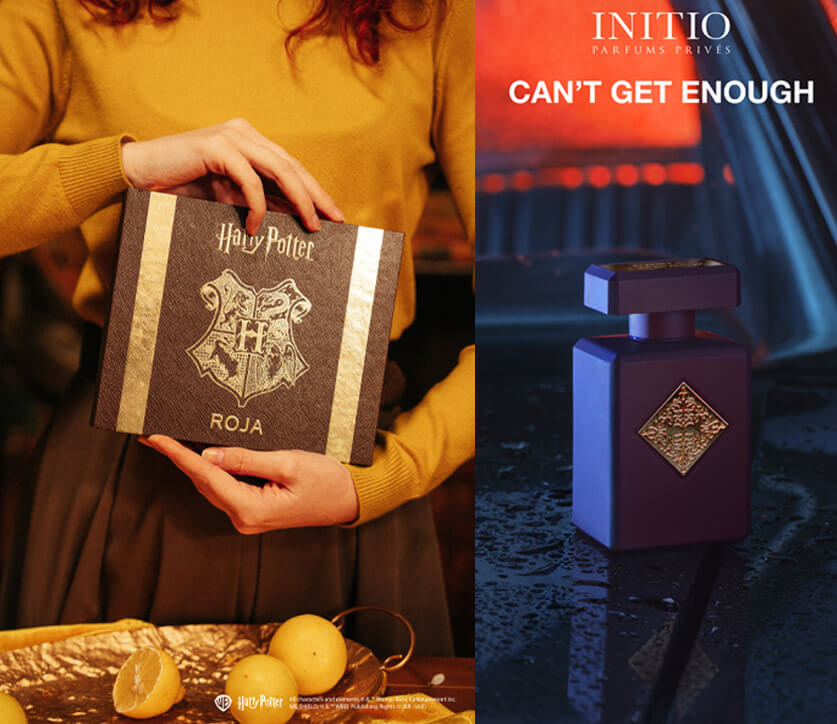BEAUTY
The Trend of "Beer Tanning"
Victoria Hidoussi - Madame Figaro
29-August-2023

A dermatologist thoroughly examines this unusual method which involves applying beer to the skin before sunbathing, with the aim of improving the tanning process.
"Buy the cheapest beer. Dive into the water. Take a beer shower. Enjoy the sun." This is the recipe for achieving the "perfect tan," according to a TikTok user's video tutorial that has garnered thousands of views on the social network. Having gone viral, this quirky trick has been replicated by other internet users who have filmed themselves dousing with the alcoholic beverage before lounging on the beach, hoping to thus attain a golden tan.
"There is no scientific evidence on this matter," states Dr. Marie Jourdan, a dermatologist and member of the French Society of Dermatology (SFD), right from the start. So, where does the alleged tinted effect observed by these leisure enthusiasts come from? Simply from the color of the liquid, which would temporarily stain the skin. "Hops, the plant from which beer is made and which gives it that amber color, can create the illusion of an artificially caramelized skin," continues the doctor, before specifying that the technique, apart from being unhygienic, is obviously short-lived. Indeed, after rinsing with water, the tint disappears immediately.
An ineffective technique
"This doesn't activate tanning at all, nor does it speed up the process or make it more even. It's absolutely not the same mechanism," continues the expert. And she reminds us that "tanning is a mechanism that comes from within the skin. It's a stimulation of pigment cells that produce melanin from the depth of the skin, and it gradually spreads to the surface. It's not the other way around."
"Beer tanning" also has nothing to do with self-tanners. "These cosmetic products contain molecules that, upon contact with the skin, chemically produce a tan shade. The composition of beer does not fall into this category," the expert adds as well.
Dangerous consequences
In addition to being ineffective in the pursuit of a tanned skin, this method is also harmful to health. "Firstly, because people who replicate this method don't apply sunscreen," warns Dr. Jourdan. "Moreover, beer contains alcohol which thins the surface of the skin, leaving it almost defenseless against UV rays, making the effect even more harmful. So, this is not a technique for tanning better, but for burning more."
Far from being an exceptional case, the "beer tanning" method is not the first of its kind to create a buzz on social media. More and more unconventional tanning "tricks" are emerging on the Internet, such as recipes involving lemon juice or Coca-Cola, leaving dermatologists astonished. While these platforms can indeed "amplify" the visibility of such phenomena, Dr. Marie Jourdan points out that "since the 1970s, there have always been various tanning trends, even without social media. Some people would put olive oil or milk fat on their skin, while others would lie on aluminum foil blankets to concentrate the rays... Yet, there was no TikTok back then." The real issue, according to the expert, "is the promotion of tanning, plain and simple. We are still under the influence of a society that highly values tanning. The majority of people think that being tan is a sign of good health, when it's actually the opposite."
Indeed, the dermatologist emphasizes that tanning, contrary to popular beliefs and beauty standards, is not a sign of healthy skin. "In reality, tanning is a skin defense mechanism. When the skin is damaged and undergoes the molecular damage caused by UV rays, it triggers tanning, which means an increase in the production of pigment cells. It's a sign of the skin's distress," she insists.
This serves as a reminder that 85% of skin cancers in France are attributed to "excessive exposure to UV rays," according to a report by Santé publique France, and this number is continually rising. The debunking of this beer-based tanning method might have seemed absurd at first glance. However, the National Public Health Agency observes that false beliefs about sun exposure still circulate widely, and the advice from sun safety campaigns is not always followed.
Recommended

Guerlain unveils a holiday tale like no other
30-December-2025

Kylie Jenner’s Eyebrow Routine
15-December-2025

Perfumes for the Holiday’s Season
4-December-2025
Most read
-
1
How to Style Your UGGs Like a Celebrity
-
2
“MAJESTY”: Ziad Nakad’s Spring–Summer 2026 Haute Couture collection At Château de Vaux-le-Vicomte
-
3
Katy Perry’s Glowing 4000 Feather Coat at Joy Awards 2026
-
4
The Beckhams, a Perfect Family in Photos
-
5
Dragon Diffusion Woven Bags at All ABC Department Stores


